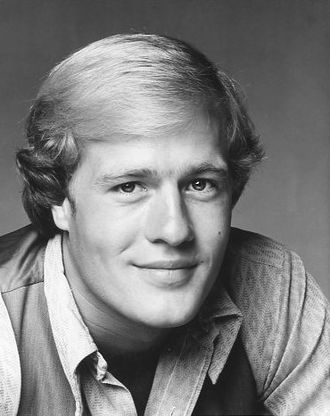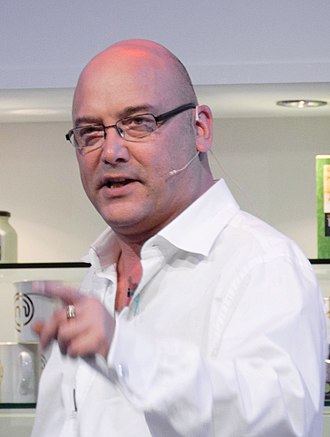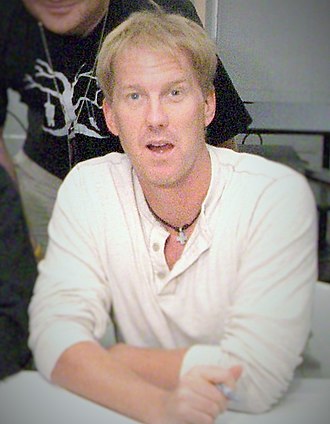Discover Your Roots
SIGN UPDiscover Your Roots
SIGN UPThe male name Gregg originates from the Greek language and means "Vigilant, Watchful." It is often used as a short form of the name Gregory. The name Gregg has a strong and watchful connotation, reflecting the traits of attentiveness and alertness. Notable individuals with this name include Gregg Allman, an influential American musician, and Gregg Popovich, a prominent National Basketball Association head coach. The name Gregg is associated with individuals who possess a vigilant and observant nature, and it has been embraced by a diverse range of personalities, including politicians, musicians, actors, and athletes. With its Greek origins and meaningful definition, Gregg holds a timeless and steadfast appeal as a masculine given name.

Gregory LeNoir Allman (December 8, 1947 – May 27, 2017) was an influential American musician, singer, and songwriter, best known for his role in the Allman Brothers Band. Born in Nashville, Tennessee, Allman's musical journey was shaped by a fusion of rhythm and blues, rock, jazz, and country music. Alongside his brother Duane, he co-founded the Allman Brothers Band, which achieved mainstream success with their 1971 live album "At Fillmore East." Despite the tragic loss of his brother, Allman continued to make significant contributions to music, including the creation of several iconic songs like "Whipping Post," "Melissa," and "Midnight Rider."Beyond his work with the band, Allman also enjoyed a successful solo career, releasing seven studio albums and earning acclaim for his soulful voice and musical talents. His personal struggles with alcohol and substance use were candidly documented in his memoir, "My Cross to Bear" (2012). Despite these challenges, Allman's impact on the music industry was profound, earning him accolades such as induction into the Rock and Roll Hall of Fame and the Georgia Music Hall of Fame.Recognized as a Southern rock pioneer, Allman's legacy continues to be celebrated, with his final album, "Southern Blood," released posthumously in 2017. His enduring influence is further evidenced by his inclusion in Rolling Stone's list of the "100 Greatest

Gregg Lee Henry, born on May 6, 1952, is a renowned American actor known for his compelling portrayal of characters, including serial killer Dennis Rader in The Hunt for the BTK Killer, and various antagonists in notable films such as Payback (1999), Marvel Studios' Guardians of the Galaxy series, and Brian De Palma's Body Double (1984). With over 75 television appearances, Henry has showcased his versatility in shows like The Riches, Firefly, Chicago Med, and 24, among others. Notably, he collaborates frequently with Brian De Palma, having acted in six of the director's films. His talent extends to the stage, as he portrayed the title role in Julius Caesar for the Shakespeare in the Park theater program. In his personal life, Henry is married to American theatre director Lisa James. With a prolific career in film, television, and theater, Gregg Henry continues to captivate audiences with his diverse and compelling performances. For more information, you can visit Gregg Henry's IMDb page.

Gregg Allan Wallace, born on 17 October 1964, is an English broadcaster, entrepreneur, and writer. He gained fame through his co-presentation of MasterChef, Celebrity MasterChef, and MasterChef: The Professionals on BBC One and BBC Two. Wallace has also ventured into writing, contributing to publications such as Good Food, Now, and Olive. Outside of his broadcasting career, Wallace has been involved in the food industry, establishing George Allan's Greengrocers in 1989, which saw substantial growth. However, he faced financial challenges, with some of his ventures closing down. In addition to his business endeavors, Wallace has had a successful broadcasting career, presenting various shows and documentaries. Notably, he was a long-time co-presenter and judge of the popular BBC cooking show MasterChef. Wallace has also made guest appearances on several television programs. Despite facing controversies and backlash, he remains a prominent figure in the culinary and broadcasting world.

Gregg Hughes, known by his air name Opie, is an American radio personality and podcast host. He gained fame as the co-host of the Opie and Anthony radio show from 1995 to 2014, alongside Anthony Cumia and comedian Jim Norton. Following this, he hosted The Opie Radio Show and later launched The Opie Radio Podcast. Hughes was born in New York City and raised in Centerport, New York. He developed an interest in radio during his time at the State University of New York at Geneseo, where he graduated with a degree in communications. Hughes' career took off after working in various radio stations, eventually leading to the formation of the successful Opie and Anthony show. Despite various controversies and setbacks, Hughes continued to thrive in the radio industry, showcasing his talent and passion for the medium. His journey in radio has left a lasting impact on the industry, and he remains a significant figure in the world of broadcasting.

Gregg v. Georgia, Proffitt v. Florida, Jurek v. Texas, Woodson v. North Carolina, and Roberts v. Louisiana, 428 U.S. 153 (1976), is a significant decision by the U.S. Supreme Court that upheld the use of the death penalty in the United States. The Court reaffirmed the acceptance of the death penalty, particularly upholding the death sentence imposed on Troy Leon Gregg, and set out the main features that capital sentencing procedures must employ to comply with the Eighth Amendment ban on "cruel and unusual punishments". This decision effectively ended the de facto moratorium on the death penalty imposed by the Court in its 1972 decision in Furman v. Georgia. The Court's goal in these cases was to provide guidance to states in the wake of Furman, ensuring that the process by which death sentences were imposed was rational and objectively reviewable. The decision took into account society's endorsement of the death penalty for murder and the social purposes of retribution and deterrence, while also considering historical disapproval of mandatory death sentences. The dissent, led by Justice Brennan, argued against the calculated killing of a human being by the State, stating that it involves a denial of the executed person's humanity.
All images displayed on this page are sourced from Wikipedia or Wikimedia Commons.We use these images under their respective Creative Commons or public domain licenses. Wherever applicable, author attributions and license information are provided. If you believe an image is used incorrectly or outside its license terms, please contact us so that we can review and correct the issue.